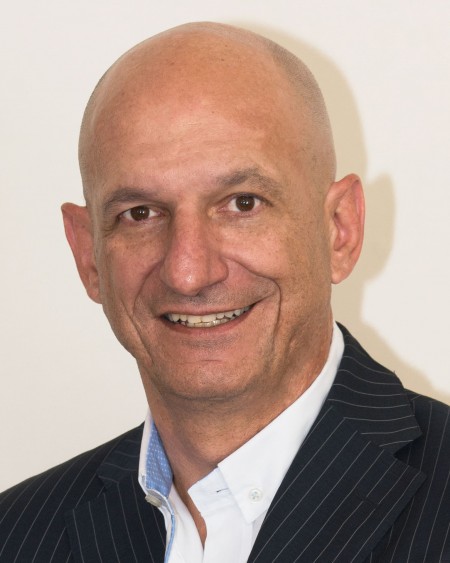Legal uncertainties over expatriate wills in Dubai will become outdated with the launch at the beginning of next year of a new registry.
The Dubai International Financial Centre (DIFC) hopes that the DIFC WPR – open to all non-Muslim expatriates – will benefit those wishing to hold financial and real estate assets in Dubai, but who are concerned about the uneven treatment of wills by the Dubai Courts.
The new registry will allow non-Muslim expatriates above 21 to register wills written in English in the DIFC Courts, removing the current need for translating wills into Arabic and having them attested by a local notary public.
Crucially, the registry will issue a court order from the DIFC Courts, enforceable in Dubai Courts for the direct distribution of Dubai-based assets in accordance with the register will, thus removing any ambiguity on how local assets are distributed.
The DIFC’s Dispute Resolution Authority (“DIFC DRA”) hopes that the new registry will begin operations during the first quarter of next year.
Only assets in Dubai can be included in wills registered in the new centre, according to the draft rules. Sources in the DIFC DRA said that the centre’s jurisdiction might be expanded to cover assets outside Dubai, but such a move was not under active consideration.
While the existing UAE law theoretically provides that the law of the nationality of a non-Muslim should apply to the devolution of his or her estate, the Dubai Courts have tended to apply Sharia law at first instance.
“Assuming the executors and heirs do not wish the Sharia rights of inheritance to apply, they are then forced to appeal such decisions through the Dubai Courts,” he said. “Invariably, this process is uncertain and can take years to resolve. In the meantime, assets located in Dubai may be frozen, forcing some into financial hardship”.
Such uncertainties have made individuals reluctant to invest in Dubai, choosing to minimize assets held in the Emirate by keeping cash offshore and holding real estate (ultimately) through an offshore company, he noted. The launch of the registry has been welcomed by Dubai’s legal community for clearing up many of the ambiguities.
“After years of observing the pressing need for clarity on the current UAE wills and inheritance legislation, and the inconsistent approach of judges in inheritance matters, we are pleased to welcome the new regime,” said Nita Maru, managing partner of TWS Legal Consultants, and an active member of the working group involved in formulating and contributing to the registry’s rules.
The registry should provide certainty for non-Muslim expatriates to pass on their Dubai estate in the event of death to their chosen beneficiaries.
“It’s a very necessary step that the DIFC has taken. With the number of grey areas around the application of the law and the problems that we’ve seen with judges refusing to recognize wills, something like this had to be done”, said Diana Hamade, managing partner of IALS in Dubai, also part of the working party.
The services of the new registry are not going to be cheap, however. Under the draft rules, those wishing to use the registry will have to pay US$ 2.500 to register their wills, more than twice of the cost typically charged by lawyers for the drafting, translation, and attestation of wills with the Dubai Courts.
“At the end of the day it’s about providing people with the choice,” said a Dubai-based lawyer who did not want to be named.
“If your situation is less complicated, or the total assets in Dubai are fewer, then the Dubai Courts is still an option, whereas for the extra peace of mind people can opt for the new registry.
The draft rules are largely based on the estates law of the UK administration, and draw upon similar rules in other common law jurisdictions including Australia, Hong Kong and Singapore.
Paolo Soro - CMO, MESCO DWC-LLC

